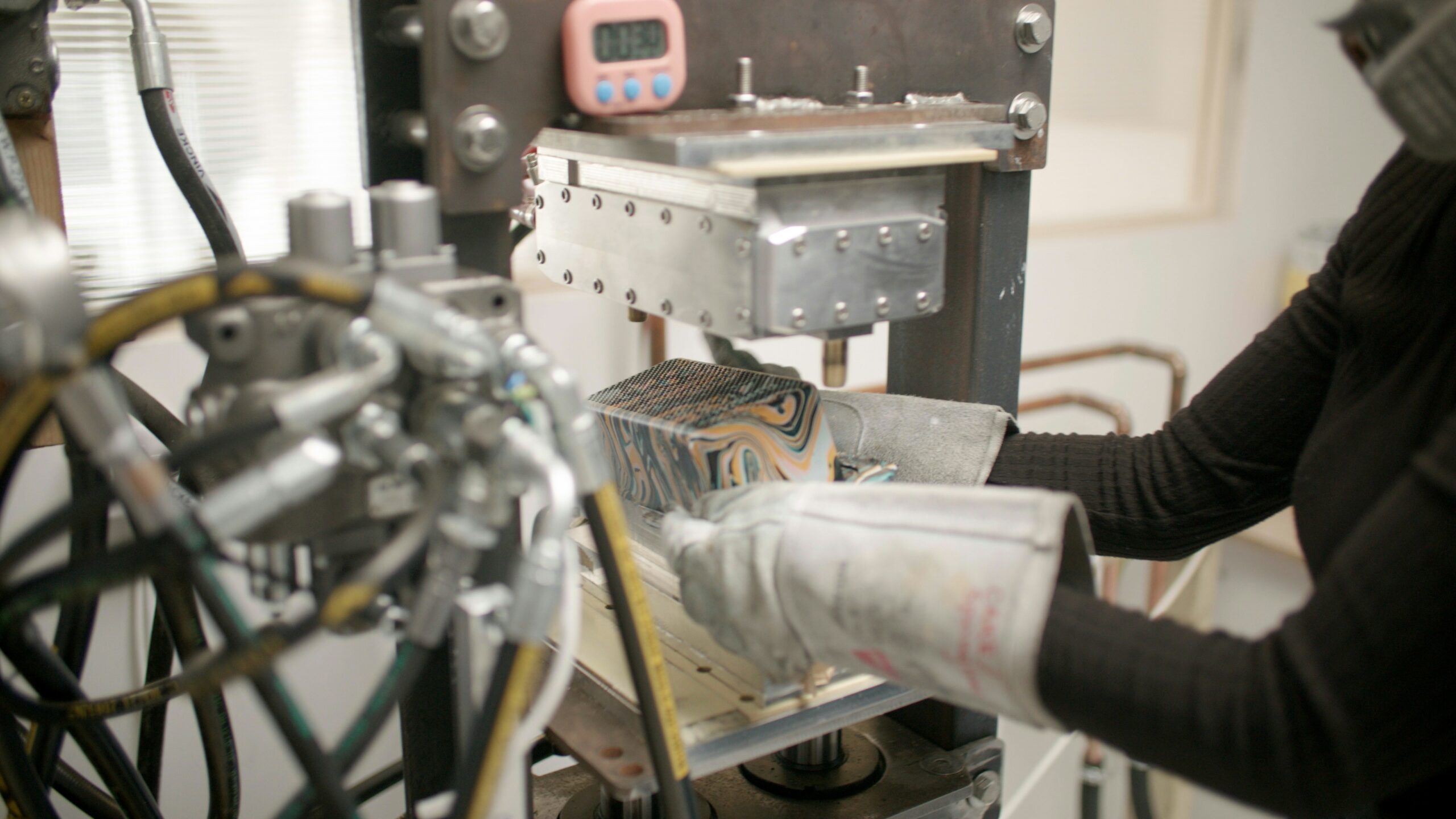
In recent years, the manufacturing industry has undergone significant transformations as it seeks to balance production demands with environmental responsibility. Sustainable manufacturing practices, which emphasize reducing waste, conserving energy, and utilizing renewable resources, have become a focal point in this evolution. Technological advancements are playing a crucial role in this shift, enabling manufacturers to operate more efficiently while minimizing their environmental footprint. This combination of innovation and sustainability is reshaping the future of manufacturing, offering both ecological benefits and enhanced operational efficiency.
The Role of Automation in Waste Reduction
Automation technologies have been at the forefront of revolutionizing manufacturing processes. By integrating advanced robotics, artificial intelligence (AI), and machine learning, companies can streamline production lines to reduce waste. These technologies ensure precise measurements, minimizing material loss during production. For example, automated systems can control the exact amount of raw material used in a process, preventing overuse or excessive waste. As a result, manufacturers are able to achieve higher levels of precision, significantly reducing the amount of scrap generated.
Moreover, automation enables the continuous monitoring of production systems, offering real-time data that can identify inefficiencies and areas where waste can be reduced. Manufacturers can now make data-driven decisions that optimize production processes and limit excess material use. This capability allows businesses to refine their operations, not only cutting down on waste but also improving productivity. As automation becomes more integrated, manufacturers can operate with greater precision and fewer resources, all while maintaining high standards of quality.
Energy Efficiency through Smart Manufacturing
One of the most significant advantages of modern technology in sustainable manufacturing is its ability to enhance energy efficiency. Smart manufacturing technologies, such as the Internet of Things (IoT), are transforming the way factories consume energy. With IoT, machines and systems are connected, allowing for the constant collection and analysis of energy usage data. This data enables manufacturers to pinpoint energy inefficiencies and implement corrective actions, such as adjusting machine settings to optimize power usage.
In addition to IoT, advanced sensors and predictive maintenance tools are helping factories reduce energy consumption. These tools can predict when a machine is likely to malfunction, prompting timely repairs before inefficiencies cause unnecessary energy usage. By reducing downtime and ensuring machines are running at optimal efficiency, manufacturers can lower their overall energy consumption. These energy-saving technologies are not only beneficial for the environment but also help companies cut operational costs, making them a win-win solution for both sustainability and profitability.
Circular Economy and Sustainable Material Sourcing
Technology has also contributed to the rise of the circular economy in manufacturing, where the focus is on reusing materials and reducing reliance on finite resources. Through innovations like 3D printing, manufacturers can use recycled materials to create new products. 3D printing allows for precise control over material usage, further reducing waste by only using the exact amount needed for production. This process not only reduces waste but also cuts down on the need to extract raw materials, helping to preserve natural resources.
Additionally, advancements in material science are making it possible to develop more sustainable materials that are biodegradable or recyclable. By utilizing these materials, manufacturers can design products that are easier to recycle at the end of their lifecycle. This helps create a closed-loop system where materials are constantly reused rather than disposed of, reducing the environmental impact of manufacturing. As more companies embrace this approach, they are contributing to a more sustainable future by minimizing their dependence on virgin resources and lowering their carbon footprint.
Data-Driven Decision-Making for Sustainable Operations
The ability to collect and analyze vast amounts of data has been a game-changer for sustainable manufacturing. With the help of big data analytics and AI, manufacturers can optimize their processes in ways that were previously unimaginable. These technologies enable companies to track performance metrics in real-time, which allows for quick identification of inefficiencies, excess waste, or areas where resources are being underutilized. By making data-driven decisions, manufacturers can continuously improve their operations to be more sustainable.
Furthermore, AI-driven tools can predict future trends, enabling manufacturers to adjust their operations proactively. For instance, predictive analytics can forecast the demand for specific products, allowing for better inventory management and reducing the likelihood of overproduction. As companies continue to leverage these technologies, they will be able to operate in a way that is both environmentally responsible and economically viable, proving that sustainability and efficiency can go hand in hand.
The Future of Sustainable Manufacturing
Looking ahead, the future of sustainable manufacturing seems promising, largely due to the continued advancement of technology. Innovations such as artificial intelligence, machine learning, and robotics will continue to improve manufacturing efficiency while reducing waste and energy consumption. As these technologies become more accessible, even small and medium-sized enterprises (SMEs) will be able to implement sustainable practices and benefit from cost savings, increased productivity, and a reduced environmental footprint.
In addition, the growing focus on sustainability is likely to lead to stronger regulations and consumer expectations around environmental responsibility. As a result, manufacturers will face increasing pressure to adopt greener practices. The combination of smart technology, sustainable practices, and a forward-thinking approach will shape the manufacturing industry of the future, driving it toward a more sustainable and efficient path.